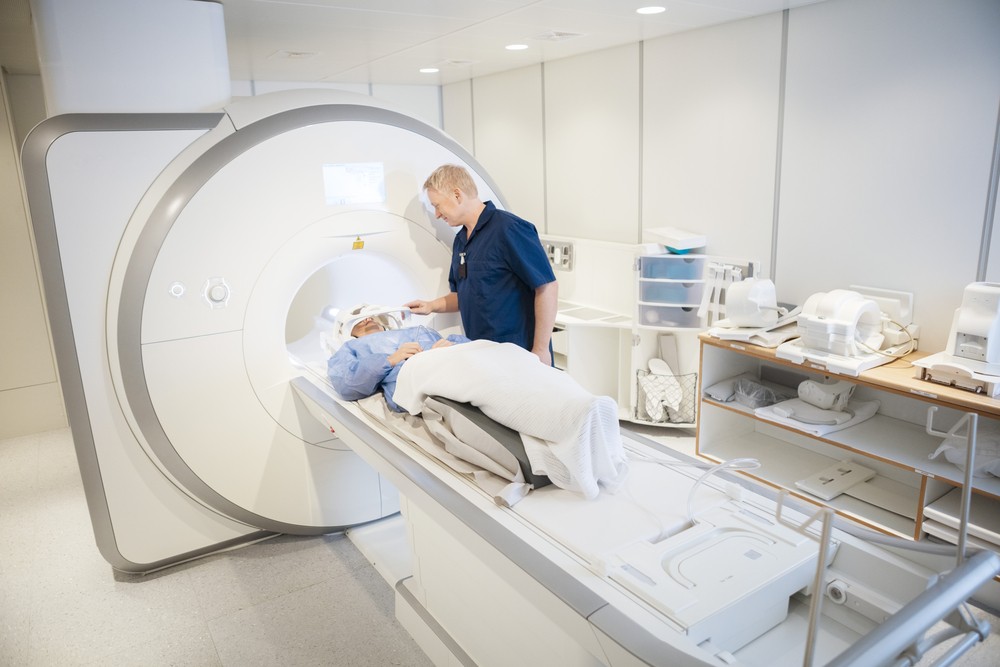
Wernher von Braun, who with his team launched the first American satellite into space, said, “One test is worth a thousand expert opinions.” With today’s advanced imaging technology, radiologists can take “one picture” of the entire inside of your body which is comparable to “a thousand expert opinions.”
Until recently, whole body screening was performed using a Computed Tomography (CT) scanner which has its benefits, but also requires the use of ionizing radiation to acquire the images. Advances in Magnetic Resonance Imaging (MRI) scanners now allow physicians to perform the same whole body scan, but without ionizing radiation.
A whole body scan looks at the body from head to toe in order to find cancers, inflammation or obstructive processes in the body. In the head, the exam can show brain masses, shrinkage, old strokes, the sinuses and nasal cavities. In the neck, abnormalities in the lymph nodes, thyroid masses or arthritis in the cervical spine can be identified. In the chest, we check the heart for enlargement, the lungs for cancer, and the aorta for aneurysms. Moving to the abdomen, we can observe the pelvis area, the kidneys, liver, spleen, adrenal glands, gallbladder (gallstones), pancreas, bladder, uterus, ovaries and prostate for tumors, obstruction or inflammation. We can tailor images of the spine to show the spinal canal, disc herniation, and spinal stenosis; and in the extremities, arthritis in the joints. Additional exams
of a specific area may be required if a problem is identified in order to obtain more detailed information.
This exam is useful for individuals who are asymptomatic, yet want an overview of their current health condition. Early detection of cancers can radically change the type of treatment options that will be available to a patient. Other areas of concern might benefit from simple changes in lifestyle such as eating habits or exercise. The exam takes approximately one hour to perform and the images are acquired without contrast.
Patients can opt to have whole body scans done without a physician’s order; however, as with many imaging screening exams available today, this exam is not currently covered by insurance.
Dr. May is a Board Certified Interventional Radiologist at Desert Medical Imaging. DMI performs whole body screenings at their Indian Wells location. For more information please call (760) 694.9559 or visit www.desertmedicalimaging.com.